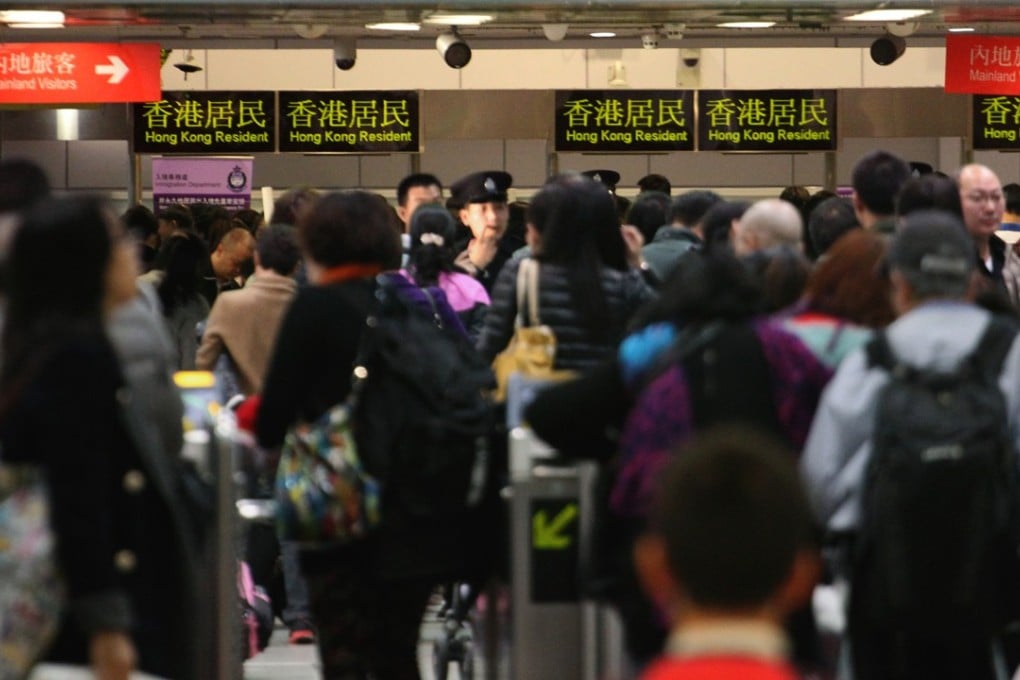My Take | Time to renegotiate policy that allows 150 mainland Chinese to settle in Hong Kong every day
With the city’s rapidly ageing population, surely our government has an imperative to allow in younger, richer and better educated mainland migrants than those under the reunion scheme

Continuing the quota of letting up to 150 mainlanders into post-1997 Hong Kong on one-way permits every day without screening on this side of the border was a decision made on principle, not practicality.
That’s according to Zhang Xiaoming, the head of the Hong Kong and Macau Affairs Office under the State Council, writing in the latest issue of Bauhinia magazine.
It appears that Hong Kong representatives negotiating with the mainland over post-handover immigration policy had sensibly wanted control of who could be admitted as residents into the city. But Lu Ping, the late head of the HKMAO, absolutely refused to entertain the idea, according to Zhang. This was despite the consensus among the Hong Kong delegates in Beijing in 1987.
This consensus still holds today among Hongkongers across the political spectrum. It’s just that it’s almost never raised by our government with mainland authorities, for obvious reasons.
Zhang praised Lu for his firmness on this point as a matter of principle. If I understand correctly, it’s that the colonial government had agreed to this arrangement, so the same principle should be adhered to by the post-handover administration.
